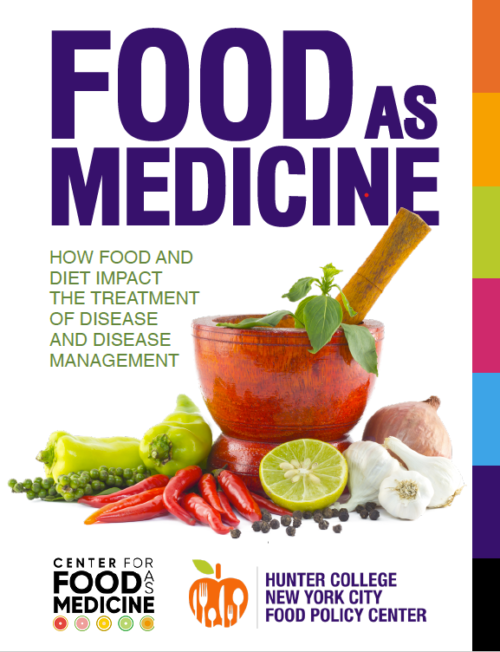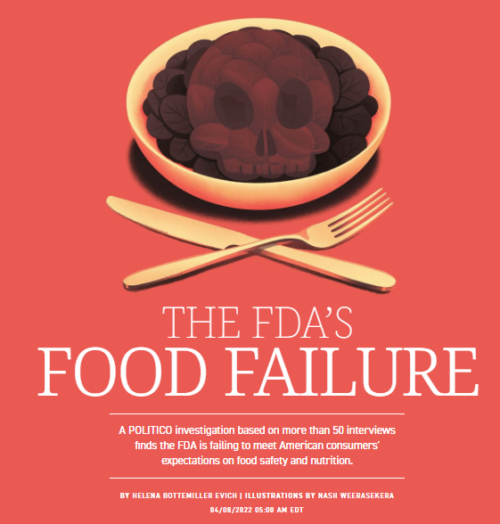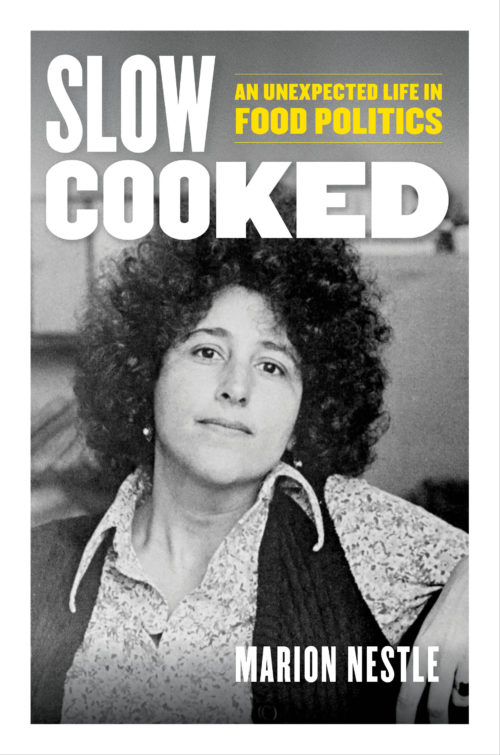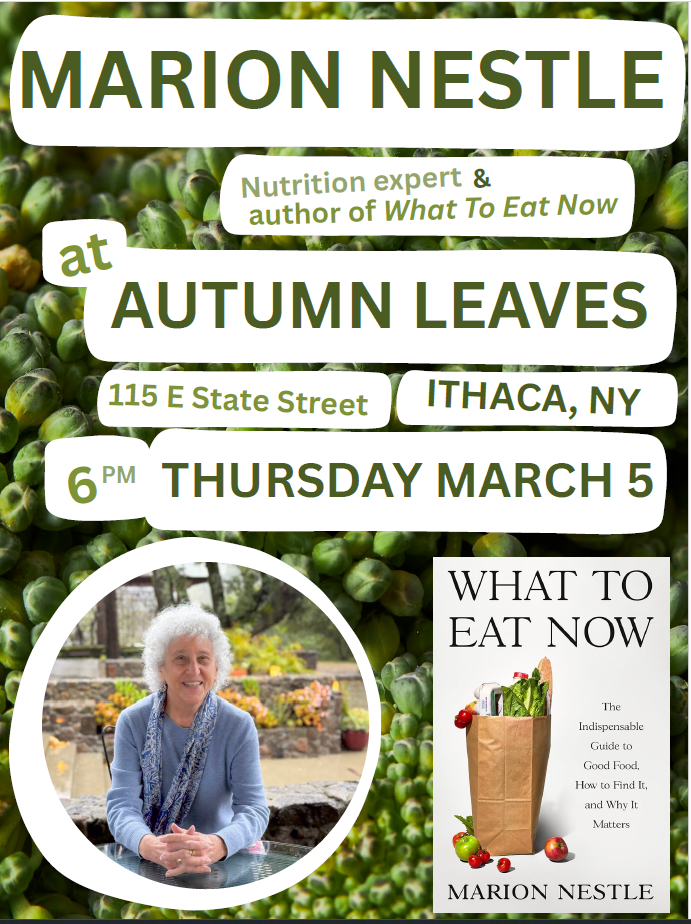Again? Yes (sigh). Dietary Guidelines. The research questions
I can hardly believe it but we are going to have to endure another round of dietary guidelines, these for 2025-2030.
Why endure?
Because they have basically said the same things since 1980:
- Eat more fruits and vegetables
- Balance calories
- Don’t eat too much of foods high in saturated fat, salt, and sugar
As I am fond of quoting Michael Pollan: “Eat food. Not too much. Mostly plants.”
The wording changes from edition to edition. The editions get longer and longer. And the basic problems—nutrients as euphemisms for the foods that contain them, more and more obfuscation–stay the same.
But maybe not this time?
ODPHP, the Health and Human Service Office of Disease Prevention and Health Promotion (of which I am an alum) has just announced “Proposed Scientific Questions to Inform the Development of the Dietary Guidelines for Americans, 2025-2030: Available for Public Comment April 15 to May 16!”
The questions whose answers will form the research basic of the forthcoming guidelines are listed here.
Several break new or necessary ground:
- What is the relationship between consumption of dietary patterns with varying amounts of ultra-processed foods and growth, size, body composition, risk of overweight and obesity, and weight loss and maintenance? Comment: This was one of my big criticisms of the 2020-2025 guidelines; the word “ultraprocessed” was never mentioned, yet I consider it the most important nutrition concept to come along in decades. So this is a big step forward.
- What is the relationship between beverage consumption (beverage patterns, dairy milk and milk alternatives, 100% juice, low- or no-calorie sweetened beverages, sugar-sweetened beverages, coffee, tea, water) and growth, size, body composition, risk of overweight and obesity, and weight loss and maintenance? risk of type 2 diabetes? Comment: it will be good to have this clarified.
- What is the relationship between food sources of saturated fat consumed and risk of cardiovascular disease? Comment: This is an old issue but one under attack as being irrelevant. Let’s get it settled, if that is possible.
- What is the relationship between specific food-based strategies during adulthood and body composition, risk of overweight and obesity, and weight loss and maintenance? Comment: With luck, this will resolve the diet wars over low-carb v. low-fat, etc. My prediction: they all work for some people.
- What is the relationship between specific food-based strategies during adulthood and body composition, risk of overweight and obesity, and weight loss and maintenance? Comment: Finally, an unambiguous demand for research on diet and obesity (as opposed to euphemisms).
What’s missing here? I think they should have a question on meat, since evidence on risk/benefit is also controversail. OK, saturated fat is a euphemism for meat, but let’s stop using euphemisms.
What’s being ducked, at least in the guidelines?
There are two topics not on the list of questions to be examined by the 2025 Dietary Guidelines Advisory Committee that will be addressed in separate processes.
- Alcoholic beverages remain a high priority topic, but because it requires significant, specific expertise and has unique considerations, it will be examined in a separate effort led by HHS Agencies that support work on this topic.
- Sustainability and the complex relationship between nutrition and climate change is an important, cross-cutting, and high priority topic that also requires specific expertise. HHS and USDA will address this topic separate from the Committee’s process to inform work across the Departments.
Want to weigh in on this (please do!): here’s how (read and follow the directions carefully to have maximum impact)
As usual ConscienHealth has interesting things to say about all this. I particularly enjoyed:
So it’s both unsurprising and unimpressive to hear that people with strong views about nutrition believe the process is rife with conflicts of interest. A group that is disenchanted with the last output from this process lays it out with a new paper in Public Health Nutrition. But Tamar Haspel made the same point much more efficiently in a recent tweet:
“I think they should just let me write the Dietary Guidelines and call it a day.”
This also reminds me about the need to select a scientific committee as free of conflicted interests as possible. The last committee was rife with them. HHS/USDA ought to be starting the committee selection process fairly soon. Stay tuned.






